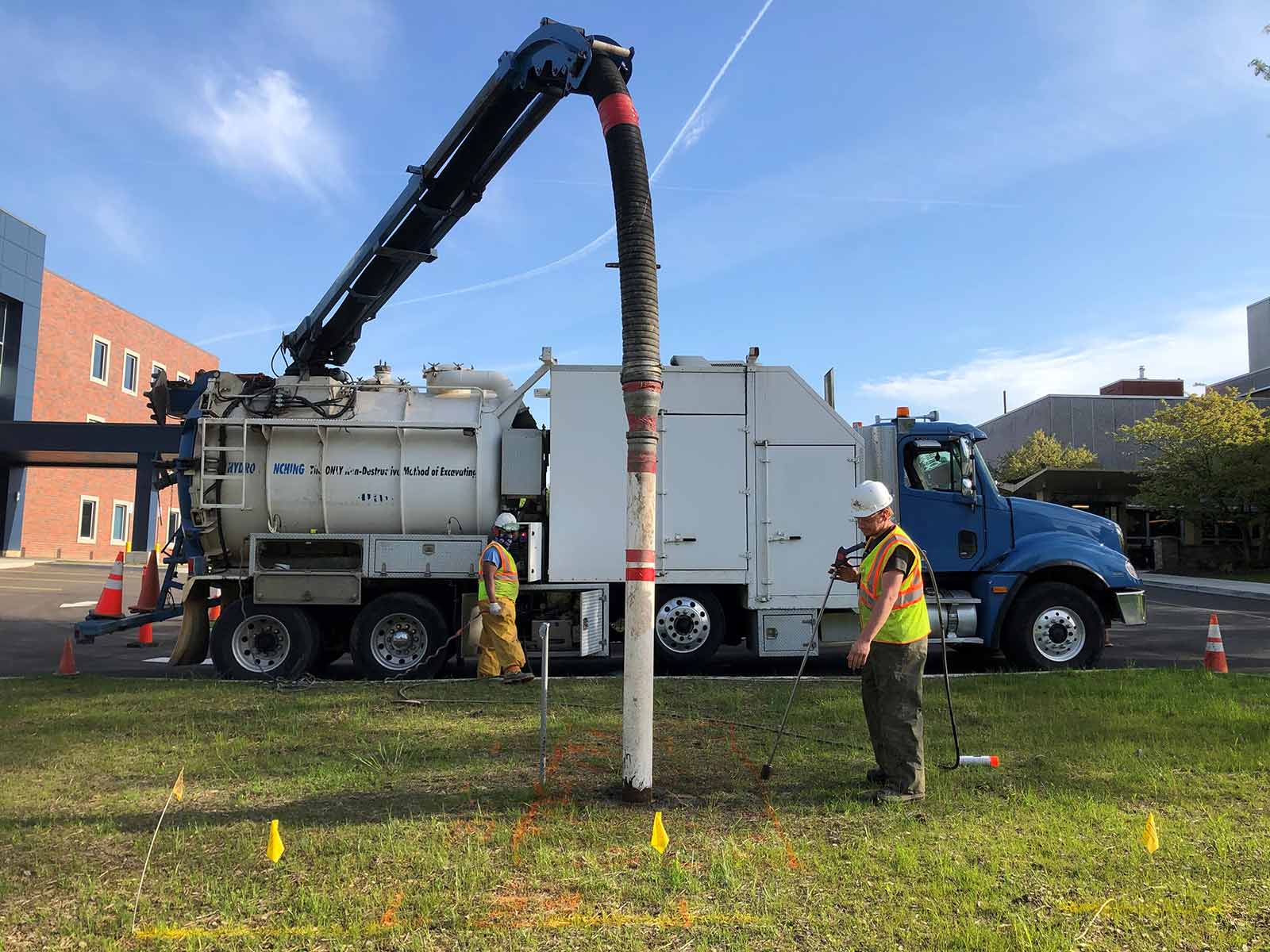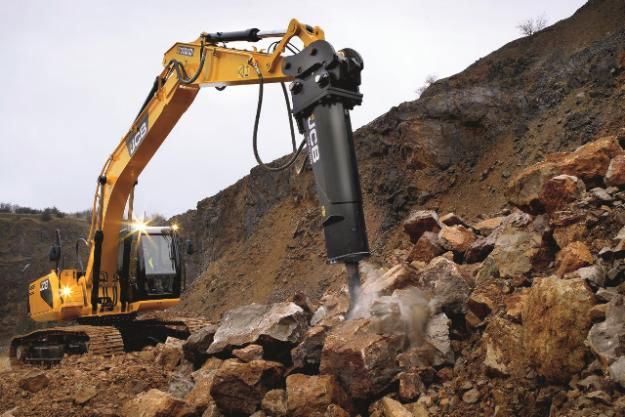Residential Excavating Ohio - Specialized Excavation for Ohio Residences
Wiki Article
Comprehensive Excavation Techniques: Understanding the Principles for Success
In the world of building and civil design, the significance of reliable excavation methods can not be overstated. The mindful preparation, precise execution, and meticulous interest to information called for in excavation tasks demand an extensive approach that encompasses different fundamental aspects. From first dirt analysis to the implementation of precaution and routine progression tracking, grasping these core aspects is necessary for attaining success in any excavation venture. Nonetheless, truth mastery lies not simply in comprehending these principles however in effortlessly incorporating them to navigate the intricacies of excavation jobs with skill.Recognizing Excavation Job Preparation

The preliminary phase of any kind of excavation job is the planning phase, where essential choices are made that can considerably impact the result of the task. Recognizing the project scope, budget, and timeline restraints is important for creating a comprehensive excavation strategy that ensures the project's success.
One secret facet of excavation project preparation is the development of a detailed timeline that describes the series of activities, due dates, and turning points. By carefully taking into consideration all these variables throughout the preparation stage, excavation jobs can be executed successfully and efficiently, leading to successful outcomes - lancaster excavation.
Soil Evaluation and Site Analysis
Performing extensive soil evaluation and site examination is a crucial action in the preparation phase of any type of excavation task. Soil evaluation includes establishing the make-up, framework, and homes of the dirt at the excavation website. This information is important for understanding the dirt's bearing capacity, dampness web content, and capacity for disintegration, which are vital consider determining the excavation methods and tools required for the job.Site assessment exceeds dirt analysis and incorporates a broader evaluation of the overall website conditions. This evaluation consists of identifying any kind of potential threats, such as underground energies, environmental concerns, or unstable terrain, that can influence the excavation procedure. By thoroughly examining the site, project managers can create reliable excavation methods that prioritize security, performance, and environmental management.
Using innovative technologies like ground-penetrating radar, soil tasting, and drone surveys can boost the accuracy and effectiveness of soil evaluation and website examination. Spending time and resources in these preliminary actions can eventually save time and prevent expensive hold-ups or complications throughout the excavation process.
Tools Selection and Utilization
Effective excavation tasks rely greatly on critical equipment choice and use to ensure ideal performance and performance. Picking the ideal tools for the task is important in making the most of efficiency and minimizing downtime. Elements such as the sort of dirt, deepness of excavation, and project extent play a significant function in determining the most appropriate equipment for the job handy.
Along with choosing the appropriate devices, proper application is essential to task success. Operators needs to be trained to manage the tools securely and effectively - excavating ohio. Routine upkeep checks and timely repair work help prevent malfunctions and make certain consistent efficiency throughout the task
Safety And Security Steps and Regulations Conformity
In the realm of excavation tasks, prioritizing security actions and compliance with laws is vital to making certain a secure and lawfully sound operational setting. Safety and security steps incorporate a variety of practices, including conducting thorough site assessments, carrying out proper signage and obstacles, and providing adequate security training for all workers entailed in the excavation process. Adherence to laws, such as OSHA needs in the United States, guarantees that the excavation job satisfies the needed requirements to secure workers, onlookers, and the surrounding setting.
Monitoring Progress and Adjusting Approaches
Exactly how can predict supervisors effectively track the development of excavation projects and adapt their techniques appropriately to maximize outcomes? Tracking progression is vital for guaranteeing that excavation jobs remain on track and satisfy deadlines. Job managers can make use of numerous tools and techniques to track development, such as daily report card, normal website inspections, and advanced tracking innovations like drones and general practitioners tracking systems. By constantly checking the task's development, supervisors can recognize any prospective delays or issues beforehand and take aggressive actions to resolve them.
Verdict
In final thought, grasping the basics of detailed excavation strategies is vital for the success of any task. By comprehending job planning, evaluating dirt and website conditions, selecting proper tools, abiding by security policies, and checking progression, job supervisors can guarantee a smooth and efficient excavation process. Carrying out these techniques will bring about effective end results and lessen possible risks or troubles throughout the excavation project.
The preliminary stage of any excavation task is the preparation phase, where vital decisions are made that can dramatically influence the end result of the project. Understanding the job range, budget, and timeline restraints is essential for producing a comprehensive excavation strategy that ensures the job's success.
Exactly how can predict managers properly track the advancement of excavation tasks and adjust their techniques accordingly to maximize outcomes? By carefully keeping track of progress and being prepared to adapt techniques, job supervisors can improve the overall success of excavation jobs.
By understanding job preparation, analyzing soil and website conditions, picking proper devices, conforming with safety and security guidelines, and checking progress, task supervisors can ensure a reliable and smooth excavation process.
Report this wiki page